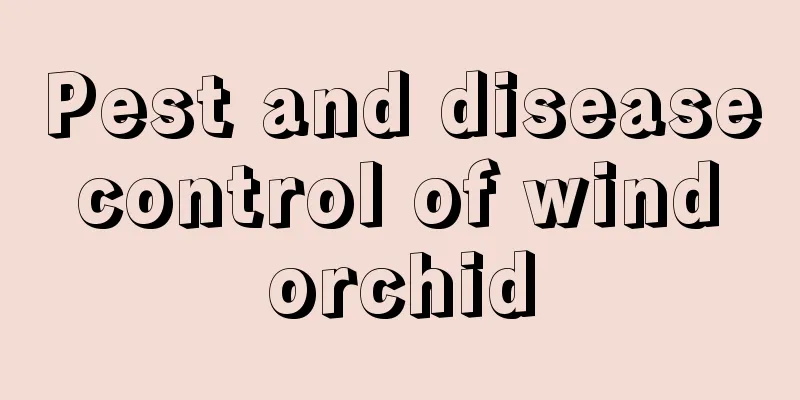How to prune roses?

|
The key to preventing rose leaf drop is proper pruning and shaping. These operations not only promote the healthy growth of roses, but also optimize ventilation and light, and reduce the risk of pests and diseases. Let’s learn how to prune roses. How to prune roses? 1. Shorten the trim Shortening pruning is usually done after the flowering period ends in order to stimulate the emergence of new buds. When doing this, cut the stem two leaves below the flower to maintain the plant's rounded appearance. 2. Thinning and pruning Thinning involves removing branches that are too dense or unhealthy in order to maintain air circulation and light exposure inside the plant. This step also helps adjust the overall height and shape of the plant. Precautions for rose cultivation 1. Reproduction method Roses are mainly propagated by two methods: cuttings and sowing. When taking cuttings, you should choose healthy and sturdy branches, insert them into moist sandy soil for cultivation, and then transplant them into new pots after they take root and sprout. If you choose to sow, you need to use high-quality seeds, evenly sow them on the moist potting soil, and maintain suitable temperature and humidity. When the seeds germinate and the seedlings grow more than 5 leaves, you can transplant them. 2. Soil preparation Roses prefer loose, breathable soil. Because of their drought resistance, they require the soil to have good drainage to prevent waterlogging and rot of the roots. You can mix leaf mold with decomposed organic fertilizer , add an appropriate amount of sand and mix well, which can not only ensure soil fertility but also meet drainage requirements. 3. Growth conditions Roses are light-loving plants, and sufficient sunlight helps improve the quality of roses. Therefore, roses should be placed in a sunny and well-ventilated place, which is conducive to the growth of high-quality flowers. 4. Fertilization and watering Roses like fertilizer but avoid concentrated fertilizer. Fertilizer should be diluted first when applying fertilizer . It is recommended to apply a diluted nitrogen, phosphorus and potassium compound fertilizer once a month to promote the overall growth of roses. When watering, control the amount of water and wait until the soil is dry before watering thoroughly. 5.Maintenance points During the growth of roses, branches and leaves need to be pruned regularly to promote branch growth and avoid poor ventilation and pests and diseases caused by too dense branches and leaves. At the same time, we must do a good job in preventing diseases and pests. Potassium permanganate or carbendazim solution can be sprayed during the peak period to achieve effective prevention and control. The above are some basic methods for pruning and shaping roses. You can choose appropriate techniques according to actual conditions. Be careful when pruning to avoid damaging the rose's stems, leaves, and flowers.
|
<<: How often can rosemary be harvested?
>>: How to prune eggplant to get high yield?
Recommend
Cultivation methods and precautions of water plum
1. Breeding methods 1. Soil: The soil needs to ha...
What does a dragon fruit tree look like? Dragon fruit pictures
1. What does it look like? Stem: The stem of the ...
How to trim copper coin grass
1. Leaf cutting The first thing we need to do is ...
Fertilization method of Euphorbia pilosa
1. Apply sufficient base fertilizer The applicati...
Illustrated instructions for the method of water-cutting of Bougainvillea, it will take root after soaking in water for a few days!
1. Can it take root when soaked in water? It can ...
Why are Monstera leaves turning yellow?
Monstera is an evergreen vine that is often used ...
What should I pay attention to after the ewe gives birth?
Postpartum management and care of ewes is an impo...
How to propagate keel flower by cuttings
Growing dragon bone flowers indoors can protect a...
The difference between yellow orchid and white orchid
The difference between flowers: They have great d...
Pothos xylostachys...From almost dying to growing wildly, just cut it all off with one knife!
Cut off the baldness of the green radish and give...
How to grow garlic
1. Prepare the garlic cloves Prepare garlic heads...
How to grow bean sprouts
1. Maintenance methods 1. Temperature: Bean sprou...
How to care for the newly bought ball orchid
1. Inspection Due to factors such as transportati...
When to plant American dianthus
time If possible, we generally plant it in spring...
Where do banana seeds come from?
Where do banana seeds come from? Banana seeds gro...









